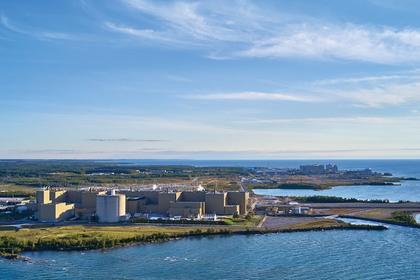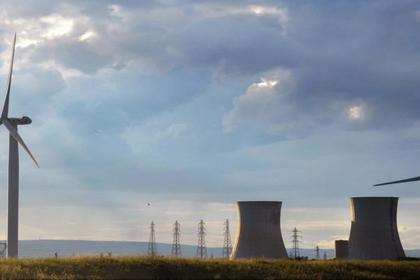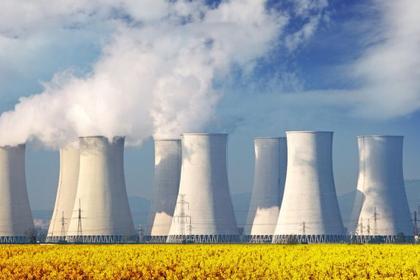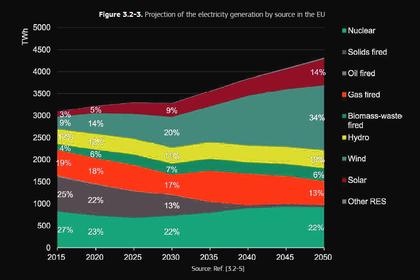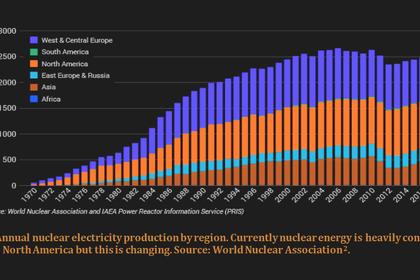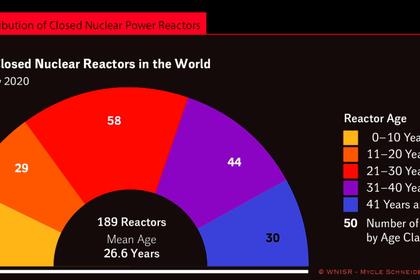
CANADA'S SMR NUCLEAR
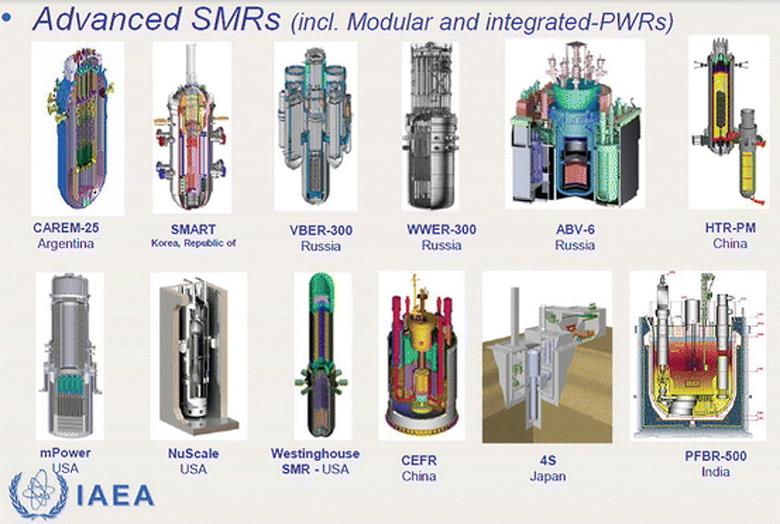
WNN - 01 April 2021 - Small modular reactors (SMRs) are well-equipped to drive cost-efficient decarbonisation of Canada's heavy industries, research conducted by EnviroEconomics and Navius Research on behalf of the Canadian Nuclear Association (CNA) has concluded. The research studied the economic and climate implications of employing SMRs in Canada's high-emitting industrial sectors.
The model used by EnviroEconomics and Navius Research, which has been leveraged by several organisations, including the Canadian Institute for Climate Choices and the International Council on Clean Transportation, explored a variety of cost and technical assumptions for deploying SMRs, which are currently in the research and development phase. Ten SMR deployment scenarios were modelled. Across all scenarios, SMRs delivered low-cost emission reductions, driving down the cost of getting to net zero as a nation.
The study - Emission and Economic Implications for Canada of Using Small Modular Reactors in Heavy Industry - concludes that between 2035-2050, SMRs could reduce greenhouse gas emissions by 216 megatonnes (Mt) in the heavy industrial sector. Canadian emissions from this sector are currently about 700 Mt per year. This means that SMRs could contribute to getting to net zero by reducing emissions by 14 Mt per year on average, the equivalent of taking over three million cars off the road each year.
Beyond their value in cutting greenhouse gas emissions in the heavy industrial sector by 18% by 2050, SMRs could lower Canada's cost of reaching net zero by more than 5% and contribute up to CAD5 billion (USD4 billion) to GDP annually by 2050.
The study found that using SMRs as a greenhouse gas reduction method in large industry would create opportunities for scarce technologies, such as hydrogen and renewable gas, to reduce emissions cheaper and easier in other industrial, household and transport heat and power applications.
The deployment of SMRs will reduce the cost for the pathway to NetZero 2050 in large industry, the researcher found. When comparing emission reducing technologies, SMRs provide a lower cost option for industry versus technologies like hydrogen, carbon capture utilisation and storage, renewable natural gas, and other approaches. Additionally, by adding SMRs to large industry, reducing Canada's overall greenhouse gas emissions can be done more cheaply than if SMRs were not available.
The modelling used in the study demonstrated SMRs will become very important after 2035 as more reductions from the industrial sector are needed to achieve net zero, as most other sectors will be abating heavily by this point and industry will need to catch up.
SMRs are particularly well-suited to high-emitting industrial sectors given their ability to generate reliable, carbon-free electricity, and heat, with a much smaller land footprint than current reactors, CNA said. These SMRs are often factory-constructed and modular, which means they will be easily transported to remote or challenging locations.
"Collectively, oil sands, chemical manufacturing and mining currently contribute more than 30% of Canada's greenhouse gas emissions and face enormous challenges in reducing them," said CNA President and CEO John Gorman. "But the reality is we cannot afford to abandon these industries that form the backbone of our economy. We must focus on decarbonising them in an environmentally and economically advantageous way. This is where new research demonstrates that SMRs have the potential to be a game changer in Canada."
-----
Earlier:
